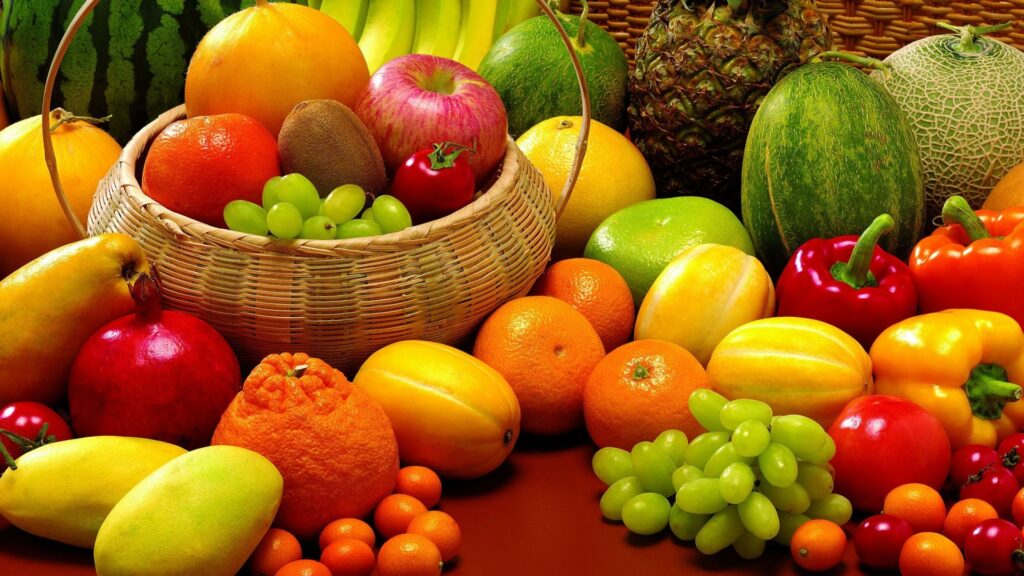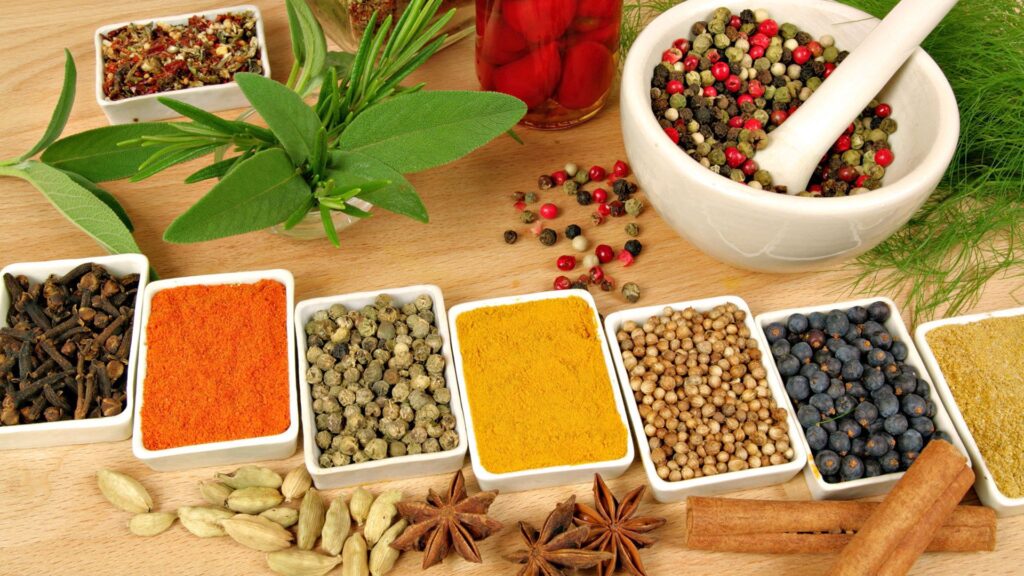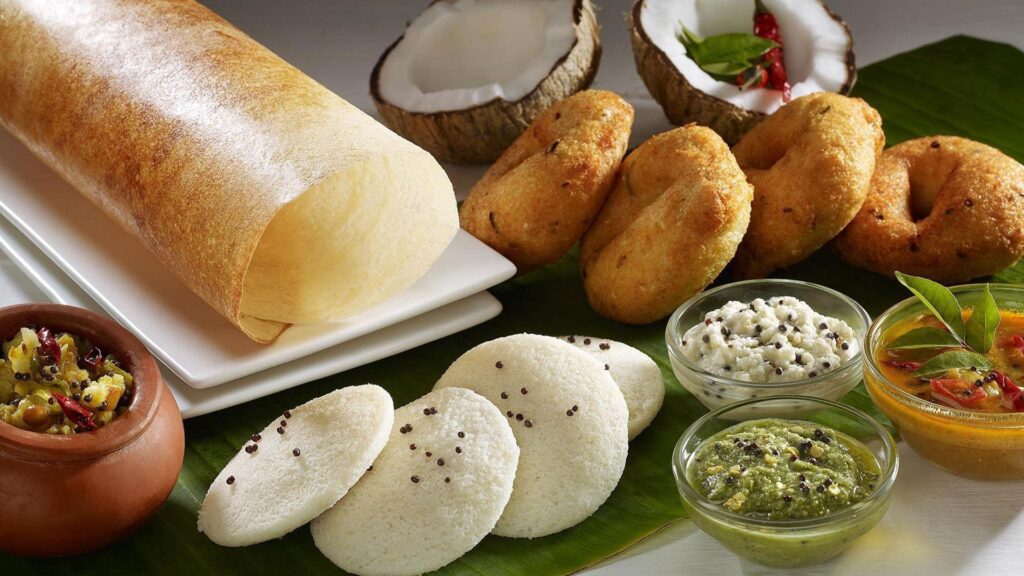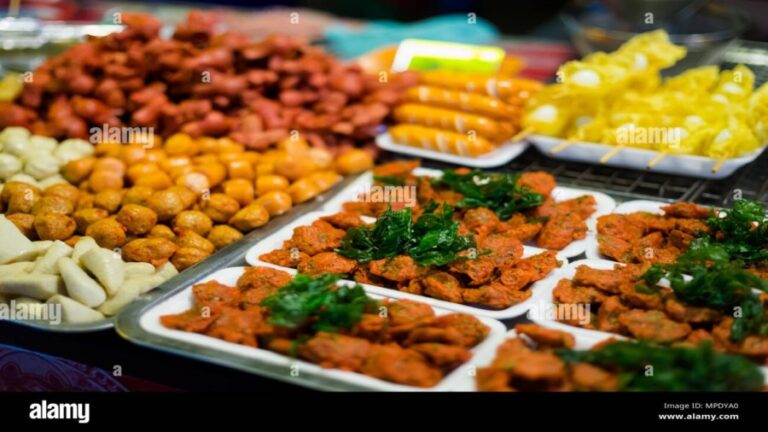
The monsoon season often brings a mixed bag of perspectives among people. While some enjoy monsoon, others may not. One reason for this difference in perspective is the busy work schedules that can make people feel sluggish on rainy, cloudy days. Consequently, to combat this lethargy, one effective strategy is to adopt a healthy diet. Consuming nutritious food during the monsoon season can help individuals work more efficiently. But what should we eat ? What are some examples of healthy foods, and how can we identify them?

[The Scottish Sun]
Everyone knows that during the monsoon season, we primarily get seasonal foods, including fruits and vegetables. Ensuring the quality of these foods is crucial because consuming spoiled or contaminated food can lead to serious health issues, including death. To stay safe, some of the foods people prefer are:
Fresh Seasonal Vegetables to Boost Immunity:
Fresh fruits and vegetables, such as bottle gourd, bitter gourd, cucumbers, tomatoes, beans, radishes, jamun, pears, cherries, peaches, and papaya, can help enhance the immune system in the body, specially during the monsoons.
Therefore, choose fruits and vegetables that are firm, clean, and in season. Some good options include:
-
Bottle gourd
-
Bitter gourd
-
Cucumbers
-
Tomatoes
-
Beans
-
Radishes
-
Jamun
-
Pears
-
Cherries
-
Peaches
-
Papaya
These help improve digestion and support your immune system.

Stay Hydrated with Healthy Drinks:
Hydration is essential, even during cooler weather. In particular, drinking clean, filtered or boiled water is key. On the other hand, beverages made with contaminated water can lead to infections and digestive issues.

Warm, home-cooked meals aid digestion and comfort the body. Certain spices can enhance immunity, thereby supporting digestive health.
For example:
-
Turmeric fights inflammation.
-
Ginger improves digestion.
-
Cumin helps reduce bloating.
-
Black pepper boosts metabolism.
Additionally, these spices can help your body fight infections.

Freshly made fermented dishes such as idlis, dosas, and dhoklas are easy to digest and good for gut health. However, make sure they are not old or improperly stored, as this can lead to bacterial growth.

Lemon, amla, oranges, and guava help boost immunity and prevent infections. Furthermore, they build resistance against common colds and flu, that is often at it’s peak during the monsoons.
During the monsoon, include these Vitamin C rich foods into your diet :
-
Lemons
-
Amla (Indian gooseberry)
-
Oranges
-
Guavas
Not only do these fruits build immunity, but they also keep your skin and hair healthy.

Warm Herbal Teas for Comfort and Protection:
Tulsi tea, ginger tea, turmeric milk are comforting and helps fight colds or sore throats. Not only do they help the immune system, but they also offer comfort and mental relaxation.

These foods act as natural anti-inflammatories and immune boosters. More importantly, tulsi and herbal teas help ward off viral infections. Since raw foods can carry bacteria, cooked foods are generally safer during this season. Therefore, warm soups, teas, and lightly spiced meals not only nourish the body but also uplift the mood.
Health is wealth. To stay protected and healthy during this monsoon season, combat bacteria.




1 thought on “Boost Health with Monsoon Superfoods”